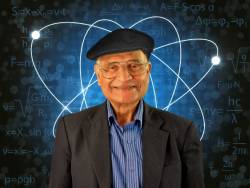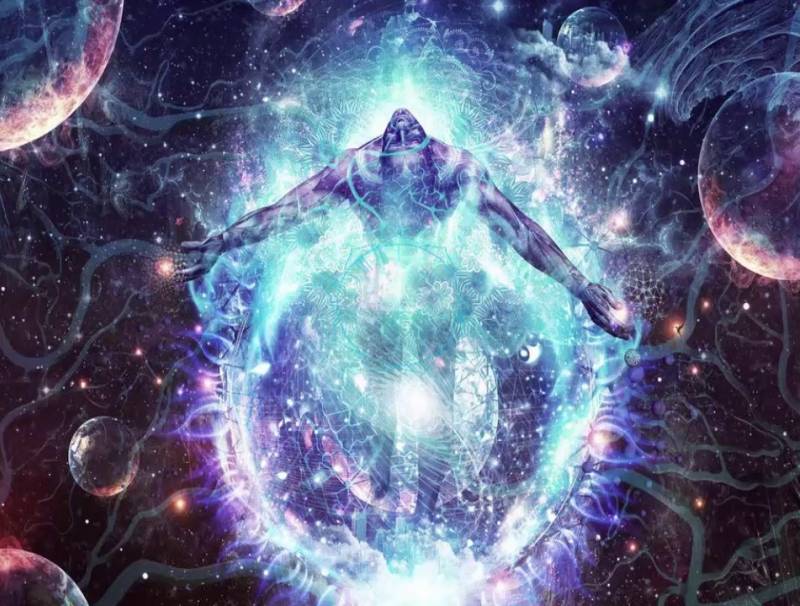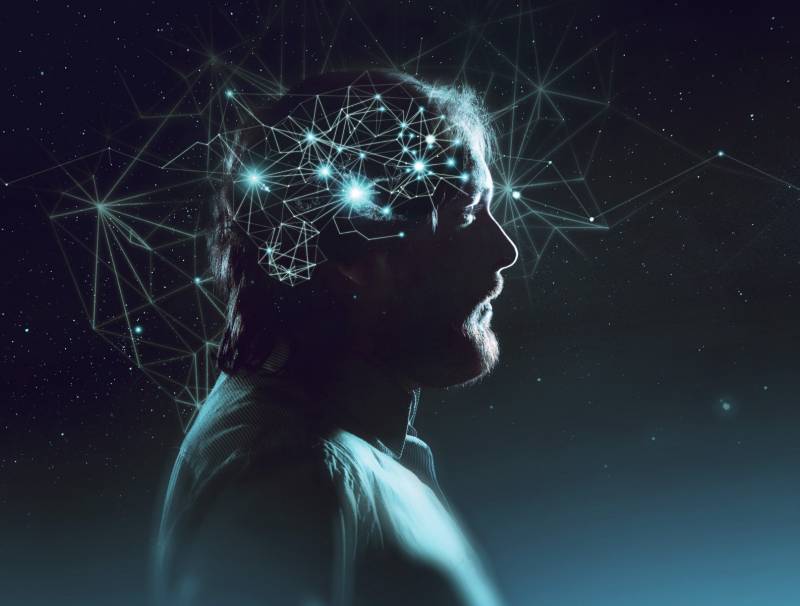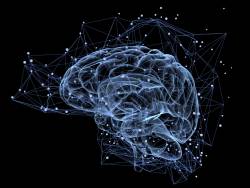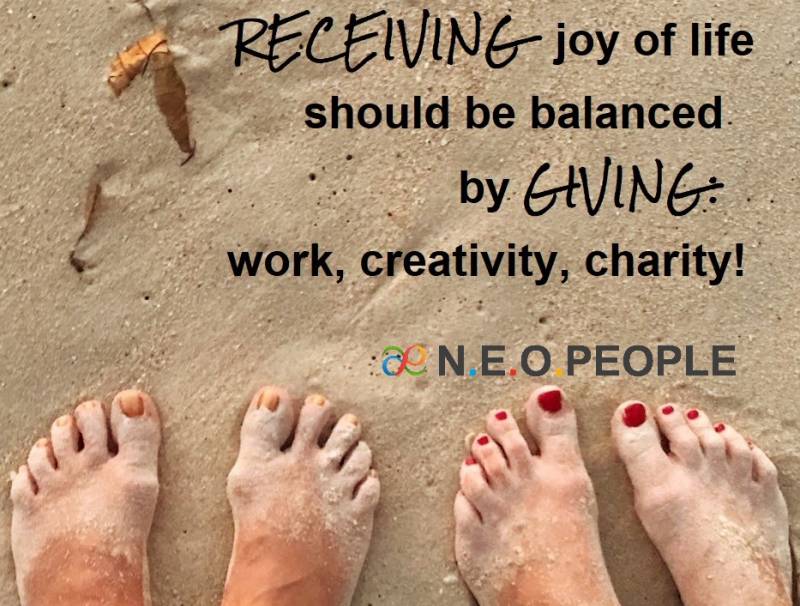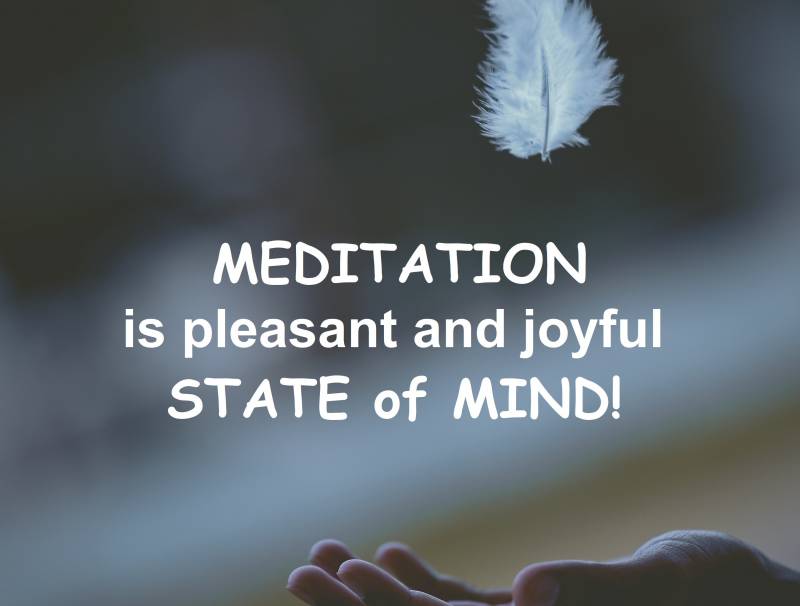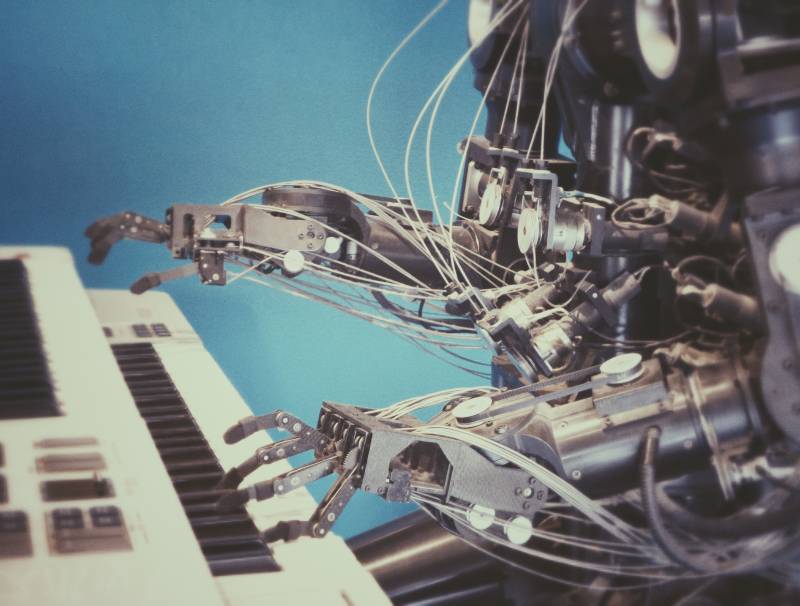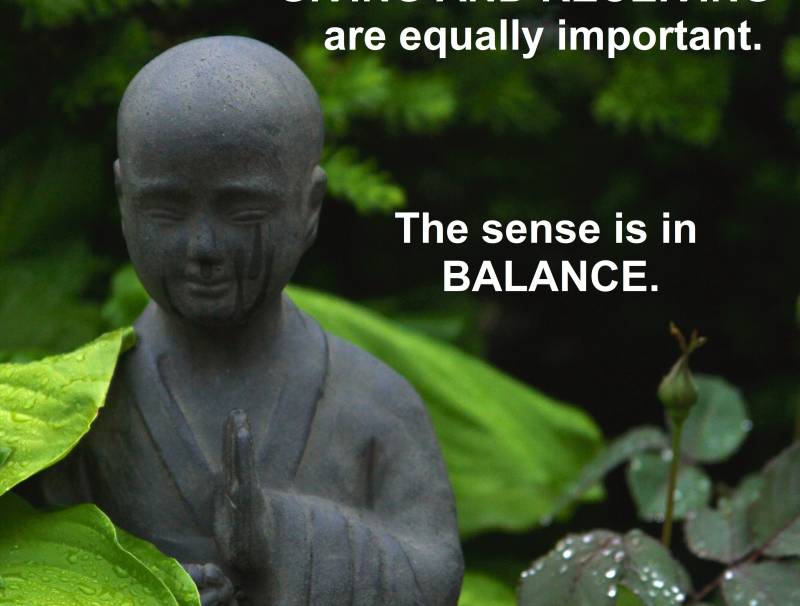THE SCIENTIFIC EVIDENCE OF GOD IS ALREADY HERE, SO WHAT ARE YOU DOING ABOUT IT? PART 2
Is Consciousness a Hard Question?
Currently, some philosophers have begun to call consciousness “the hard question.” Of course, such a designation depends on the context one chooses. The context for thinking of consciousness as a hard question is neurophysiology, brain science whose motto is "the brain is behind all of our subjective experiences." This reminds me of a Zen story.
A man meets a family of four (parents and their two grown up children) all of who are enlightened. This is his opportunity to find out if enlightenment is hard or easy, he thinks. So he asks the father, and the father says, “Enlightenment is very tough.” To the same question, the mother says, “It (enlightenment) is very easy.” The son, when asked, replies, “It is neither difficult nor easy.” Finally, the daughter says, “Enlightenment is easy if you make it easy; it is difficult if you make it difficult."
If you think of consciousness as an epiphenomenon of the brain, consciousness is a hard question indeed; you are making it hard. Consider. An objective model always seeks an answer to the question in terms of objects. Thus, neurophysiologists seek to understand consciousness in terms of other objects, brain, neurons, etc. The underlying assumption is that consciousness is an object. But consciousness is also a subject, that which does the looking at object(s). The subjective aspect of consciousness exposes one weakness of the neurophysiological model.
The truth is consciousness to us is not only a hard question but also an impossible question for materialists. This is because even pop religions, simplistic as their view of downward causation may be, have always been clear about one thing, that we have free will, that without our free will to choose God, God's power of downward causation would be in vain. If we are choosing God, we are choosing what is good; we are choosing values and ethics. But we need free will for that.
So the proponents of upward causation come down hard on the concept of free will. Like consciousness, our free will is also an illusory epiphenomenon of the brain, they insist. In this insistence that we are behaviorally determined machines, walking zombies, materialist science is undermining values and ethics, the very foundations of our societies and cultures.
So, is there God and downward causation, is consciousness real, and do we have free will? Is the wisdom of the upward causation model final or is there new scientific evidence to suggest otherwise?
There is. There was a revolution in physics at the beginning of the last century, consisting of the discovery of quantum physics. The message of quantum physics is this: Yes, Virginia, there is God and it is the only being there is. You can call it consciousness if you like and think of it as the ground of all being.
To be sure, the mathematics of quantum physics is deterministic and based on the upward causation model above, but it predicts objects and their movements not as determined events (as in Newtonian physics) but as possibilities (for which the probabilities can be calculated enabling us to develop a very successful predictive science for a large number of objects and/or events). And yet when we look at a quantum object, we don't experience it as a bundle of possibilities but as actual localized event much like a Newtonian particle. Moreover, quantum mathematics does not allow us to connect the upward causation-based deterministic theory with experimental data. How do the possibilities of the theory become actualities of experience simply by our looking at them? This is the mysterious "observer effect."
In quantum language, the neurophysiologists' upward causation model translates like this: Possible movements of elementary particles make up possible movements of atoms, make up possible movements of molecules, make up possible movements of cells, make up possible brain states, make up consciousness. Consciousness itself then is a conglomerate of possibilities, called a wave of possibility. How can a wave of possibility collapse another wave of possibility by looking or interacting with it? If you couple possibility with possibility, all you get is a bigger possibility, not actuality.
Suppose you imagine a possible influx of money in your bank account. Couple that with all the possible cars that you can imagine. Will this exercise ever actualize a car in your garage?
Face it. For the neurophysiological epiphenomenal model of consciousness, how our looking can change possibility into actuality is a logical paradox.
It stays a paradox until you recognize first, that quantum possibilities are possibilities of consciousness itself, which is the ground of all being. And second, that our looking is tantamount to choosing from among the quantum possibilities the one unique facet that becomes our experienced actuality.
TO BE CONTINUED...



